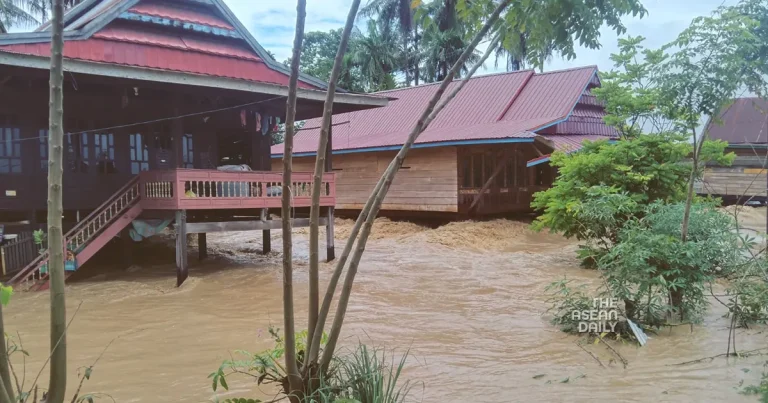4-5-2024 (JAKARTA) At least 15 lives have been claimed by landslides and flooding in central Indonesia, devastating communities and infrastructure, announced the country’s disaster agency on Saturday (May 4).
Indonesia, perennially susceptible to landslides during the rainy season, faces exacerbated risks in certain areas due to deforestation, exacerbating the impact of prolonged torrential rains and leading to widespread flooding across the archipelago nation.
The calamitous events unfolded in Luwu regency, South Sulawesi, striking just after 1 am local time on Friday, stated Abdul Muhari, spokesperson for Indonesia’s disaster mitigation agency (BNPB).
“A total of 14 residents lost their lives due to floods and landslides in Luwu regency, South Sulawesi province,” he reported.
The agency disclosed that over 100 houses sustained severe damage, with 42 completely swept away by the force of the landslides. Additionally, four roads and one bridge suffered damage in the deluge.
More than 100 individuals were evacuated to mosques or sought refuge with relatives, while authorities are working tirelessly to evacuate over 1,300 affected families.
Although water levels have begun to recede in some areas, the early morning floods in Luwuk regency have wreaked havoc on over 1,300 families and damaged more than 1,800 houses, the agency stated.
In another district of South Sulawesi province, at least one fatality was reported with two others sustaining injuries in floods on Friday, Abdul elaborated in a subsequent statement.
March witnessed flash floods and landslides on Sumatra island, claiming the lives of at least 30 individuals, with many others still unaccounted for.
The devastating toll of natural disasters in Indonesia was underscored in December when landslides and flooding decimated numerous houses and obliterated a hotel near Lake Toba on Sumatra, resulting in at least two fatalities.
Experts attribute the heightened frequency and intensity of extreme weather events in Indonesia’s rainy season to the impacts of climate change, underscoring the urgent need for proactive measures to mitigate future disasters.




